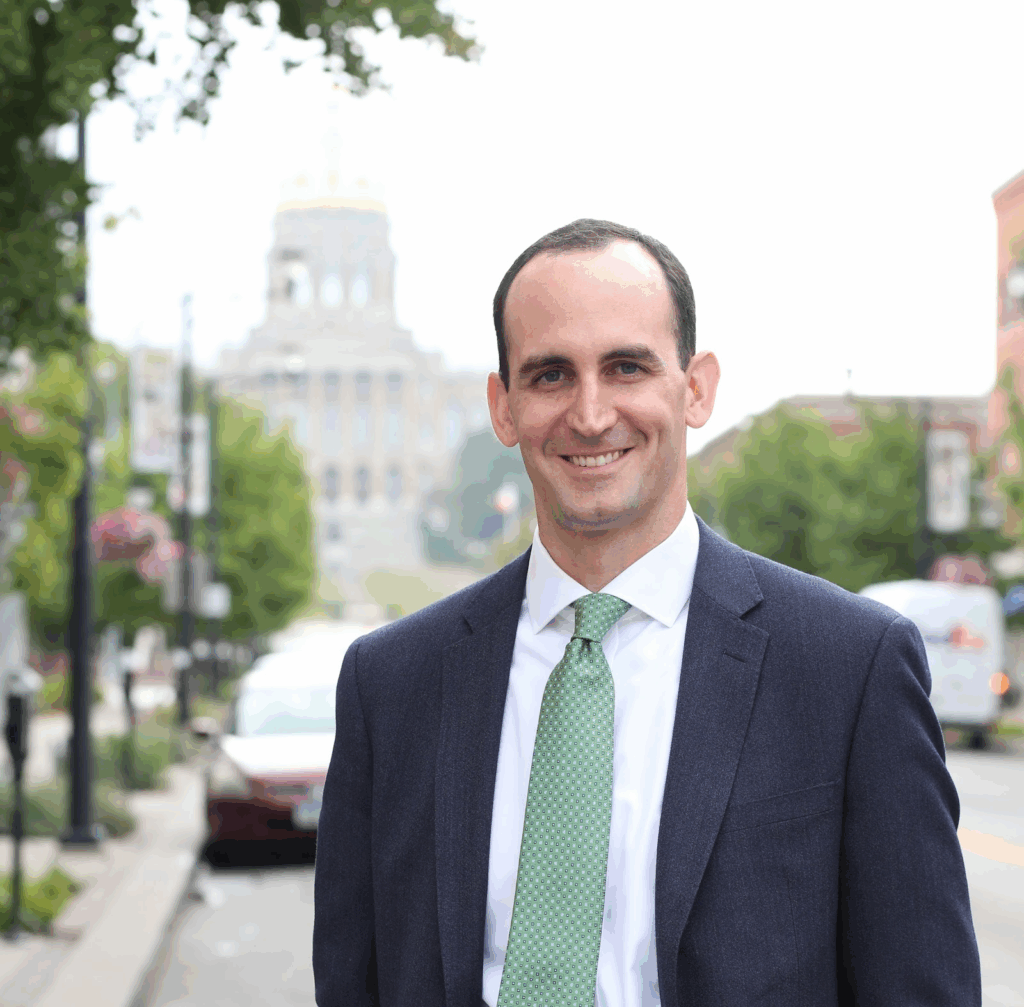What is the biggest challenge facing the Latino community?
See what local and national leaders say

The nearly 23 million Latinos living in the United States represent the country’s fastest growing racial or ethnic minority. The same holds true in Iowa, where in 2010, the 151,544 Latinos made up 5 percent of the population. The group is expected to increase to 415,890, 11.9 percent of the population, by the year 2040.
As both President Barack Obama and presumptive Republican nominee Mitt Romney pursue this large voting block, they must provide answers to tough questions regarding high unemployment, struggling education statistics and an imperfect immigration policy.
Before moving back up to 11 percent in May, the unemployment rate for Latinos had dropped to 10.3 percent in April. While this is a large improvement from its peak of 13.1 percent in November 2010, a wide gap still exists when compared with the national unemployment rate of 8.2 percent and the unemployment rate for whites of 7.4 percent.
Additionally, employed Hispanics are less likely to have a college degree than their white or black counterparts: Only one in six employed Latinos aged 25 and over have completed a bachelor’s degree, less than half the proportion among employed whites.
On June 8, U.S. Secretary of Labor Hilda Solis addressed these issues at United Way of Central Iowa. Alternating between Spanish and English, she told a crowd of about 40 how the U.S. government is combatting high unemployment and low educational attainment among Latinos in Central Iowa and across the country with federally funded job training and education grants.
After the meeting, the Business Record asked Solis and other area leaders what they thought was the biggest challenge facing the Latino community.
What is the biggest challenge facing the Latino community?

– Hilda Solis
U.S. secretary of labor

– Mary Campos
Community activist
Campos has been involved with the Des Moines Human Rights Commission, the Hispanic Education Resource Center and the Iowa Council for International Understanding. She was also inducted into the Iowa Women’s Hall of Fame in 1995.

– Alba Perez
Executive officer for the Office of Latino Affairs at the Iowa Department of Human Rights










